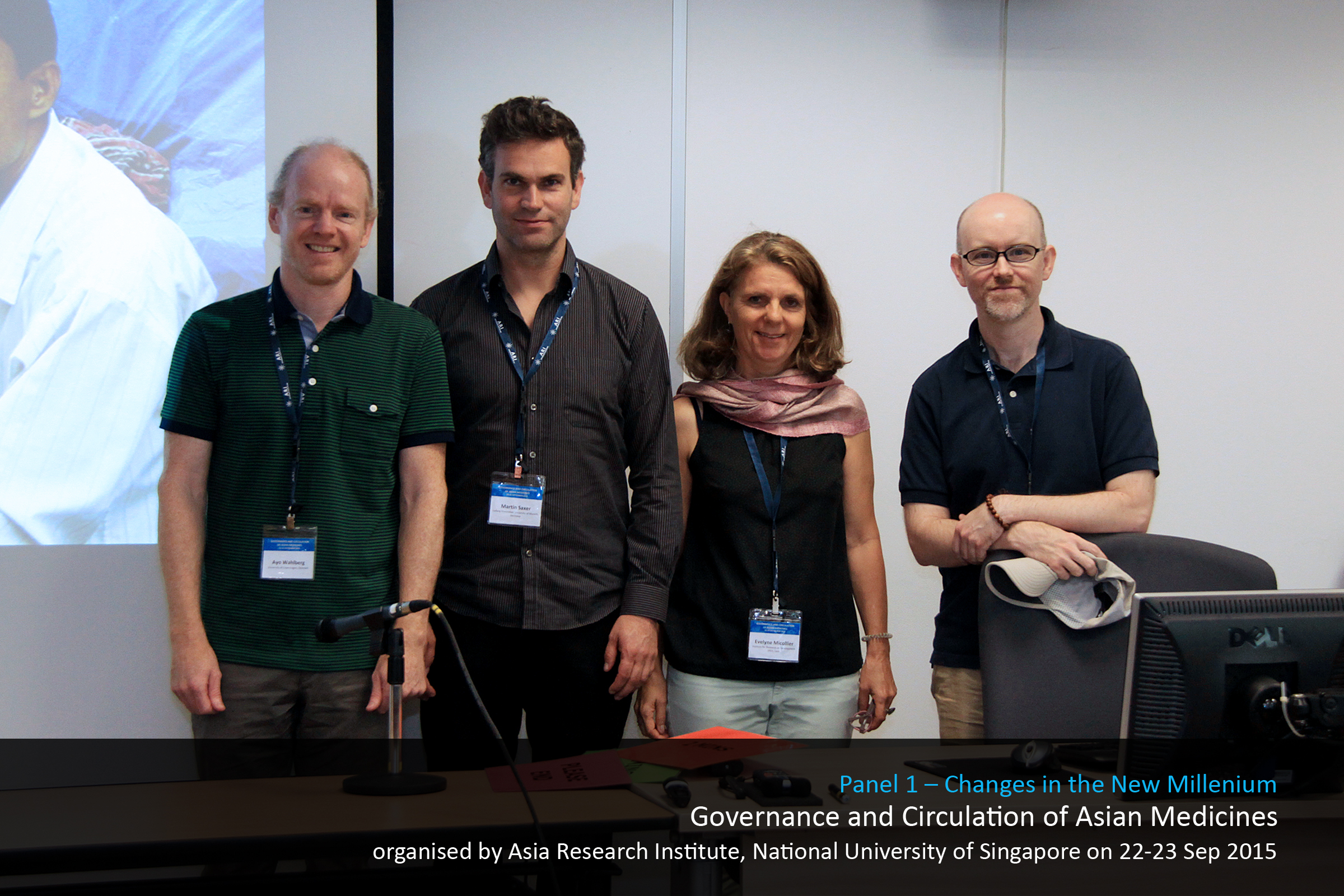Abstract
In this talk, I trace the history of the industrialisation of Tibetan medicine against the background of different strands of what could be called "the modern project" in China – high-modernist development with a nationalistic twist, selective neoliberal reform, and the making of cultural heritage. Each of these strands is embedded in a particular set of rhetoric and follows a particular vision of development. I argue that the creation of a Tibetan medicine industry in the new millennium took place at the juncture of these three strands rather than at a crossroads between modern and traditional, local and global, old and new (Saxer 2013).
Investigating the alliances, conflicts and opportunities afforded by this constellation, I ask the question what this means for Tibetan medicine as a system of knowledge (or knowledge-practice, if you will). How do these three strands shape the ways in which knowledge is (dis-)located, claimed, reaffirmed, and safe-guarded at this historical juncture?

Recording
Please find a recording of this talk here

